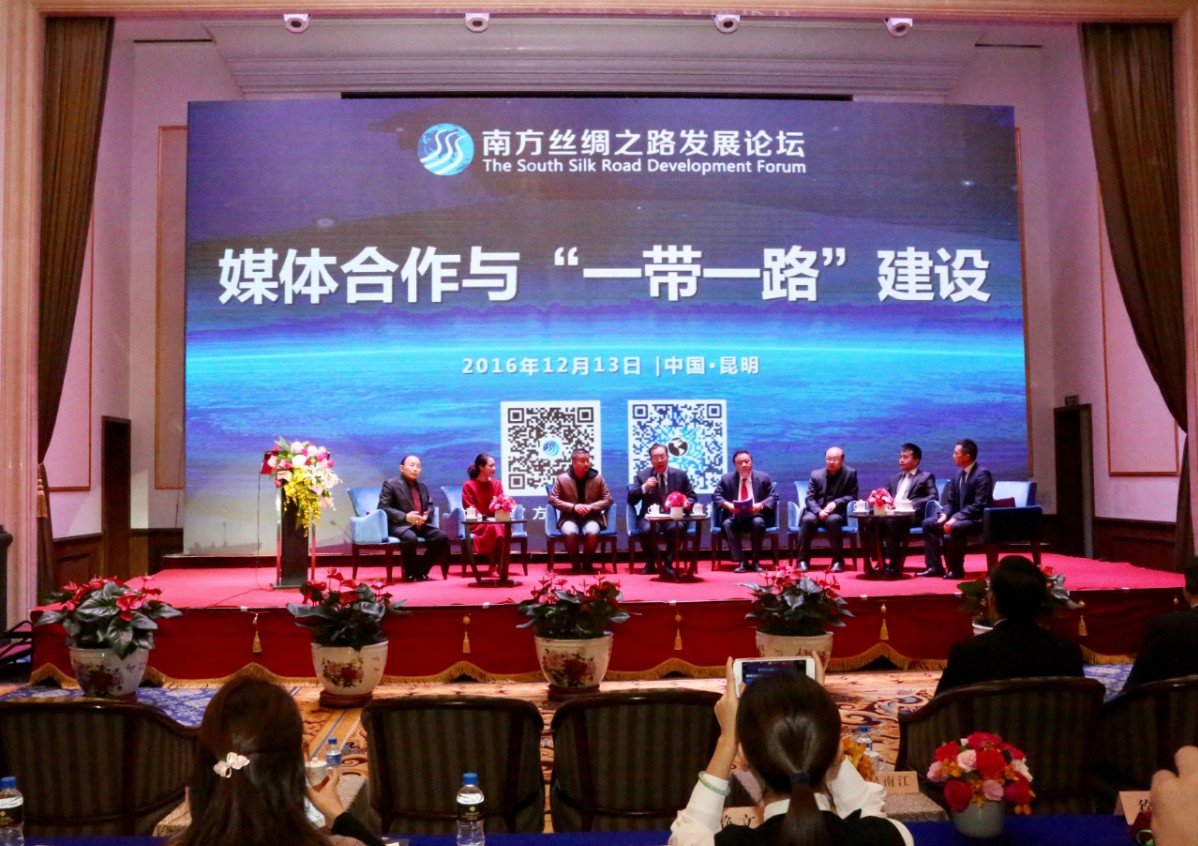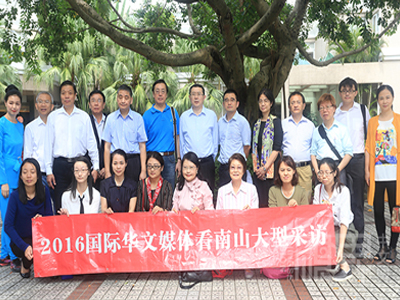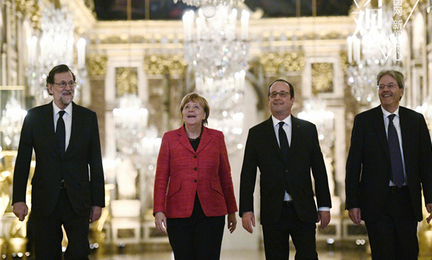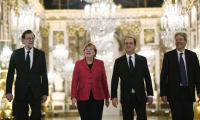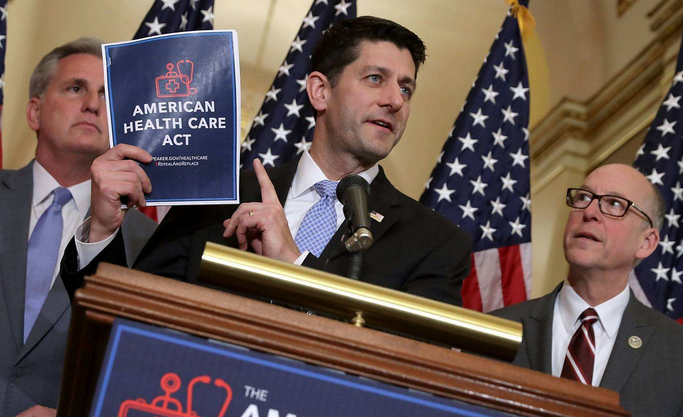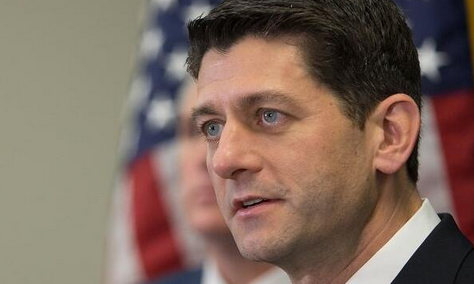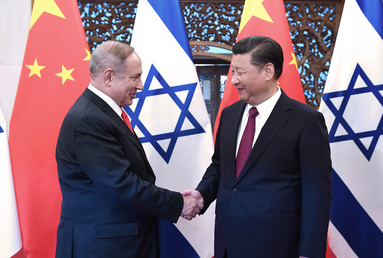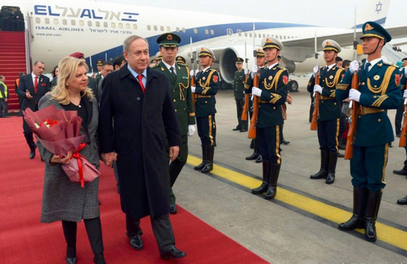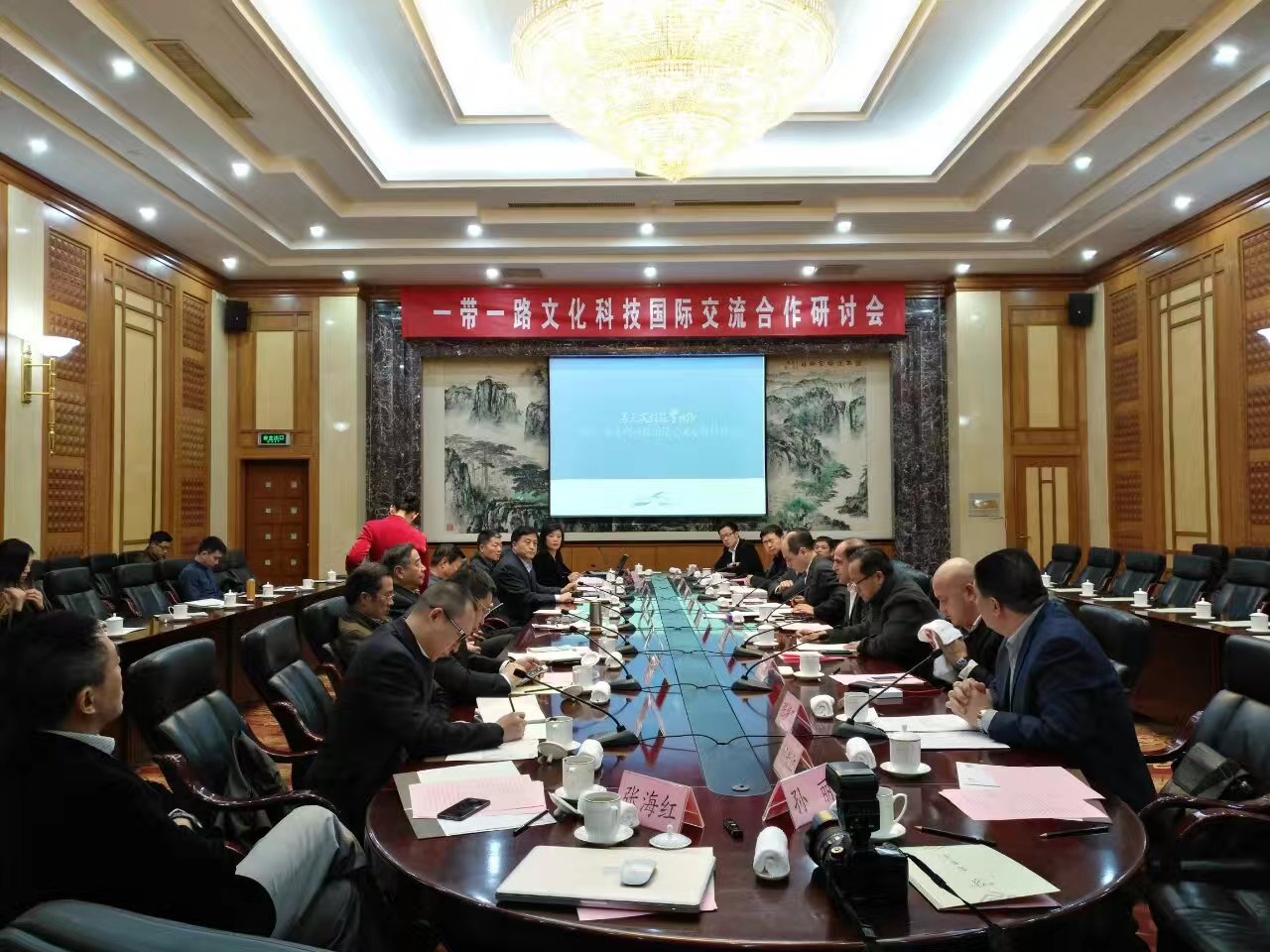China-Japan 'fast track' adds gateway to stronger ties

A China-Japan "fast track" for necessary personnel exchanges launched on Monday can further fuel bilateral cooperation to beat the COVID-19 pandemic and get work and production back on track.
It remains fresh in memory that during the heyday of the outbreak, the two countries and peoples have offered each other heart-touching support as well as urgently needed medical resources.
The newly-opened gateway reflects that the still-raging pandemic, which has brought difficulties for bilateral people-to-people exchanges over the past months, can do little to diminish the two close neighbors' willingness to maintain a stable development of bilateral ties.
In recent years, the China-Japan relationship, thanks to joint efforts of both sides, has returned to the right direction and begun to witness steadfast development.
In the political dimension, the two sides have seen frequent high-level exchanges and a growing political consensus for closer ties. During Chinese President Xi Jinping's telephone conversations with Japanese Prime Minister Yoshihide Suga back in September, the two leaders have agreed to work together for new developments in bilateral ties, and enhance cooperation in multiple areas.
On the economic front, the damage inflicted by the pandemic on bilateral trade and investment is healing fast. According to data of the Chinese Ministry of Commerce, as China has effectively contained the virus and resumed social and economic activities, its monthly trade with Japan is warming up since March.
Meanwhile, Japanese businesses have shown greater confidence in China's economy and market. According to Sun Chenghai, deputy director of the China International Import Exhibition (CIIE) Bureau in Shanghai, the third CIIE, held in early November, saw the participation of some 400 Japanese companies, 10 percent higher than that of the second CIIE in 2019.
Looking into the future, the two countries now face even greater opportunities to expand bilateral relations as required by the new era.
As Japan is going to hold the Tokyo Olympic Games next year and China will hold the Beijing Winter Olympics in 2022, a year that will mark the 50th anniversary of the normalization of the China-Japan diplomatic ties, those important occasions can offer golden platforms for the two countries to strengthen cooperation.
Already, the two sides have agreed to support each other to ensure the two important sports events big successes during Chinese State Councilor and Foreign Minister Wang Yi's just-concluded trip to Japan.
Also, the recent signing of the Regional Comprehensive Economic Partnership is expected to inject more impetus into bilateral economic and trade partnership, and can serve as a catalyst to accelerate negotiations on China-Japan-Republic of Korea Free Trade Zone.
Those achievements are truly hard-won against the backdrop of rising trade protectionism and isolationism, and can speak for the common aspiration for an open world economy. China and Japan, the second and third largest economies in the world, share the heavy responsibilities to do more to enhance global free trade and multilateralism.
The good news is that the two countries now enjoy a favourable common wish for a stronger bilateral relationship.
A recent public opinion survey jointly conducted by the China International Publishing Group and Japan's Genron NPO found that 74.7 percent of Chinese respondents believe China-Japan relations are important, and 64.2 percent of the Japanese hold the same view.
While it is important and necessary for the two sides to forge a better tommorrow for the China-Japan relationship, it is also imperative for Beijing and Tokyo to properly handle sensitive issues between them, particularly those concerning China's core interests. And that starts with more concerted efforts to cement political mutual trust.
As the world is undergoing profound transformations rarely seen in a century, China and Japan should join their hands even tighter to bolster all-round cooperation, and jointly tackle some of the most pressing global challenges to pursue common development and contribute to a more prosperous Asia and a more stable world. These are the two countries' shared responsibilities as major economies in the Asia-Pacific and on the world stage.
- 2017-03-03
- 2017-03-02
- 2017-03-01
- 2017-02-06
- 2020-12-17
- 2017-03-01
- 2017-11-19
- 2017-11-17

 欢迎进入视界中文网官网!
欢迎进入视界中文网官网!